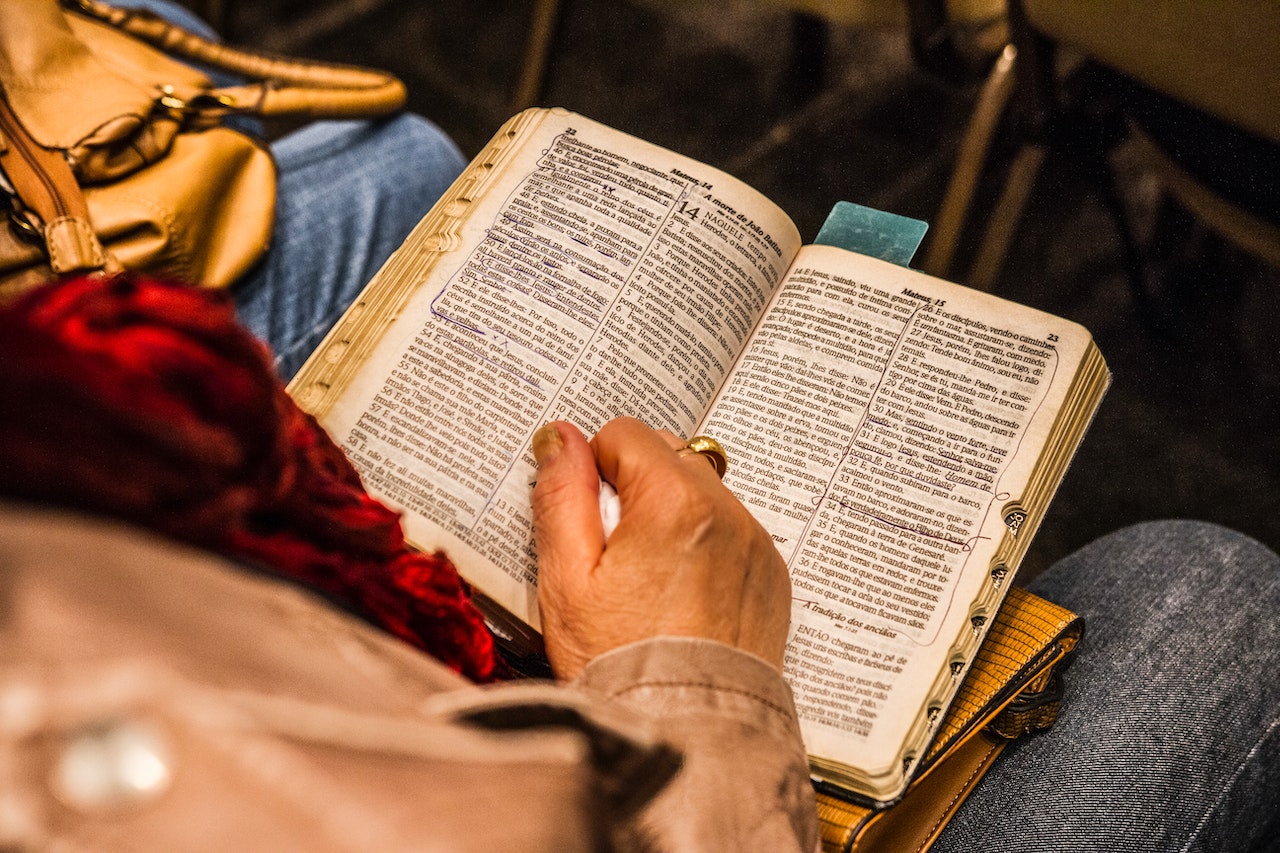Confession is a sacred act between a priest and a penitent, and the secrecy of the confession is a cornerstone of the Catholic faith. As such, the question of whether a priest can tell another priest your confession is a complex one. This article will explore the Catholic Church’s stance on the matter, as well as the implications of a priest revealing a confession to another priest. It will also discuss the potential consequences of a priest breaking the seal of confession.
Table of Contents
The Role of Confidentiality in the Sacrament of Confession
Confidentiality is an essential part of the sacrament of confession. It is a sacred trust between the confessor and the person confessing. This trust is based on the understanding that whatever is said in the confessional will remain confidential and will not be shared with anyone else.
The confidentiality of the confessional is a cornerstone of the Catholic faith. It is a way for people to unburden themselves of their sins and to seek forgiveness. It is also a way for people to receive spiritual guidance and to be held accountable for their actions.
The confidentiality of the confessional is taken very seriously. Priests are bound by the seal of confession, which means that they cannot reveal anything that is said in the confessional. This is a sacred trust that must be respected.
Confidentiality is also important for the person confessing. It allows them to open up and be honest about their sins without fear of judgment or repercussions. It also allows them to receive spiritual guidance and to be held accountable for their actions.
Confidentiality is an essential part of the sacrament of confession. It is a sacred trust between the confessor and the person confessing that must be respected. It allows people to unburden themselves of their sins and to seek forgiveness, as well as to receive spiritual guidance and to be held accountable for their actions.
Exploring the Boundaries of Priestly Discretion in the Confessional
Exploring the boundaries of priestly discretion in the confessional can be a tricky business. After all, the confessional is a sacred space, and priests are expected to maintain a certain level of confidentiality when it comes to the conversations they have with their parishioners. But what happens when a priest is faced with a situation that tests the limits of their discretion?
At its core, the confessional is a place of trust and understanding. It is a place where people can come to unburden themselves of their sins and seek guidance from a spiritual leader. As such, it is important for priests to be able to provide a safe and confidential environment for their parishioners. This means that priests must be able to maintain a level of discretion when it comes to the conversations they have in the confessional.
However, there are certain situations where a priest may be faced with a dilemma that tests the boundaries of their discretion. For example, if a parishioner confesses to a crime, the priest may be faced with a difficult decision. On the one hand, they may feel obligated to report the crime to the authorities, but on the other hand, they may feel that it is their duty to maintain the confidentiality of the confessional.
In such cases, it is important for priests to be aware of the laws and regulations that govern the confessional. In some countries, priests are legally obligated to report certain types of crimes to the authorities. In other countries, priests may be allowed to exercise their discretion in such matters. It is important for priests to be aware of the laws in their jurisdiction so that they can make an informed decision when faced with such a dilemma.
Ultimately, exploring the boundaries of priestly discretion in the confessional can be a tricky business. It is important for priests to be aware of the laws and regulations that govern the confessional, as well as their own moral and ethical obligations. By doing so, they can ensure that they are providing a safe and confidential environment for their parishioners, while also being mindful of their own discretion.
Examining the Ethical Implications of Priests Sharing Confessions
When it comes to the ethical implications of priests sharing confessions, it’s important to consider the implications for both the priest and the person confessing. On the one hand, priests are expected to keep the confessions of their parishioners confidential. This is a sacred trust that must be respected. On the other hand, there may be times when a priest feels compelled to share a confession in order to protect someone from harm or to prevent a crime from being committed.
In such cases, it is important to consider the ethical implications of sharing a confession. For example, if a priest were to share a confession with the police, it could potentially lead to the arrest of the person who confessed. This could have serious consequences for the person’s life and could even lead to a criminal conviction.
At the same time, it is important to consider the implications for the priest. If a priest were to share a confession with the police, it could lead to a breach of trust between the priest and the person who confessed. This could lead to a loss of faith in the priest and could even lead to the priest being removed from their position.
Ultimately, it is important to consider the ethical implications of sharing a confession before taking any action. In some cases, it may be necessary to share a confession in order to protect someone from harm or to prevent a crime from being committed. However, it is important to weigh the potential consequences of sharing a confession before taking any action.
Understanding the Canon Law on Priestly Disclosure of Confessions
When it comes to the Catholic Church, the sacrament of confession is a sacred and important part of the faith. As such, the Church has strict rules and regulations in place to ensure that the confidentiality of confessions is maintained. This is known as the Canon Law on Priestly Disclosure of Confessions.
The Canon Law on Priestly Disclosure of Confessions states that priests must never reveal the contents of a confession to anyone, even under threat of punishment or death. This means that priests must keep the secrets of the confessional even if they are asked to testify in court or in any other legal proceedings.
The Canon Law also states that priests must not use the information they learn in the confessional to influence their own decisions or the decisions of others. This means that priests must not use the information they learn in the confessional to influence their own decisions or the decisions of others.
Finally, the Canon Law states that priests must not use the information they learn in the confessional to manipulate or control the lives of those who confess. This means that priests must not use the information they learn in the confessional to manipulate or control the lives of those who confess.
The Canon Law on Priestly Disclosure of Confessions is an important part of the Catholic faith and is taken very seriously. It is important for priests to remember that the information they learn in the confessional is confidential and must never be revealed to anyone.
Conclusion
In conclusion, it is important to remember that a priest cannot tell another priest your confession. This is because the seal of confession is a sacred trust between the priest and the penitent, and it is a violation of this trust to reveal the contents of a confession to anyone else. Therefore, it is important to remember that the confidentiality of the confession is of utmost importance and should be respected.
For licensing reasons, we must provide the following notice: This content was created in part with the help of an AI.


